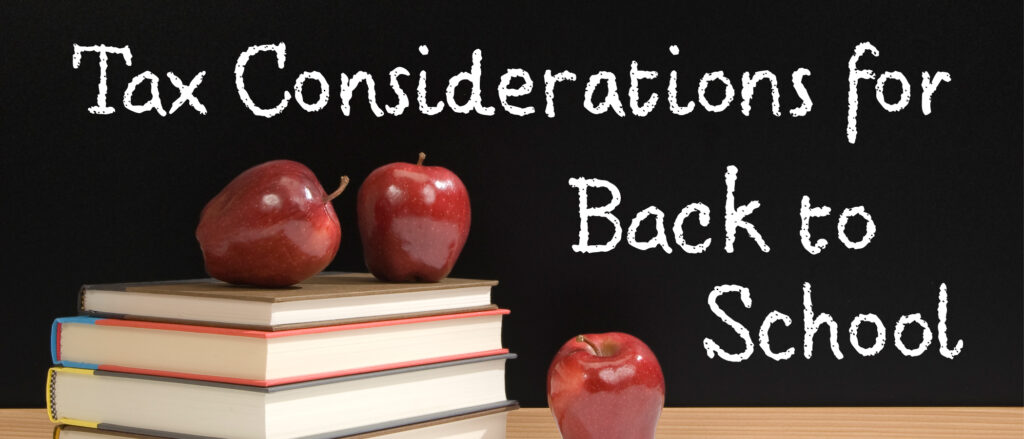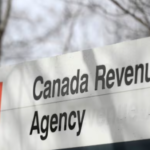
Many post-secondary students heading back to school this September are either experiencing physical distancing in classrooms, libraries, and labs, or are taking their courses online. Tax considerations for back to school such as students that are able to continue to live at home while studying, online studies could save them rent and transportation fees, reducing their living expenses while in school. However, for those students whose earnings for 2020 are particularly low due to lack of job opportunities this summer, it may make sense to make a larger withdrawal from their Registered Education Savings Plan (RESP) this year, beyond the amount they need to cover their fall tuition, in order to maximize tax savings.
Sharlane Bailey, owner of Canwest Accounting, suggests these withdrawn funds could be put into a tax-free savings account with a financial institution or investment adviser until tuition fees are due in January 2021, or even saved for the following school year.
When calculating a student’s income to determine how much will be tax-free, make sure to factor in any funds received through the Canadian Emergency Response Benefit (CERB) or Employment Insurance (EI). Other tax considerations for back to school include sources of income some students may not realize can be taxable like bursaries and scholarships. These funders will often send through a tax slip, so make sure to watch for that. When estimating a student’s income for the following year, make sure to calculate in any upcoming paid co-ops they may be doing.
“It’s important to keep the student’s overall income in mind, and stick with a strategy to withdraw from RESPs when your income is low in order to maximized tax savings,” said Sharlane. She adds the same strategy can be applied to Registered Retirement Savings Plan funds (RRSPs) for those who need to make withdrawals to make ends meet during the pandemic. For those deciding to return to school full time, they can withdraw from their RRSPs through the Lifelong Learning Plan without penalty.
Sharlane recommends students draft a budget to include all their expenses and develop a plan to stick to it. Also, make sure you hold onto all your tuition, bursary, scholarship, and medical tax receipts for when you file your tax return in the spring.
DISCLAIMER
The suggestions and advice provided by Canwest Accounting should not be relied upon in place of professional advice. You are responsible for checking the accuracy of relevant facts and opinions provided.




